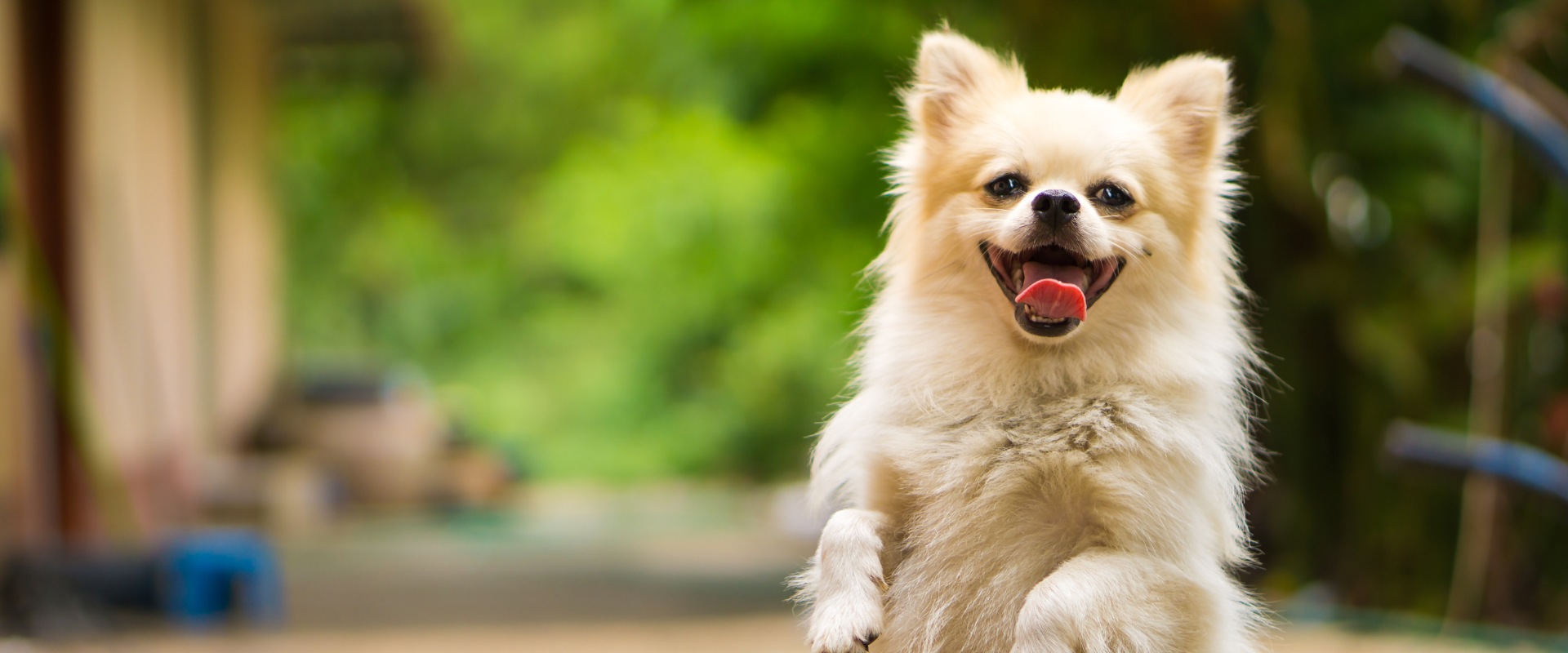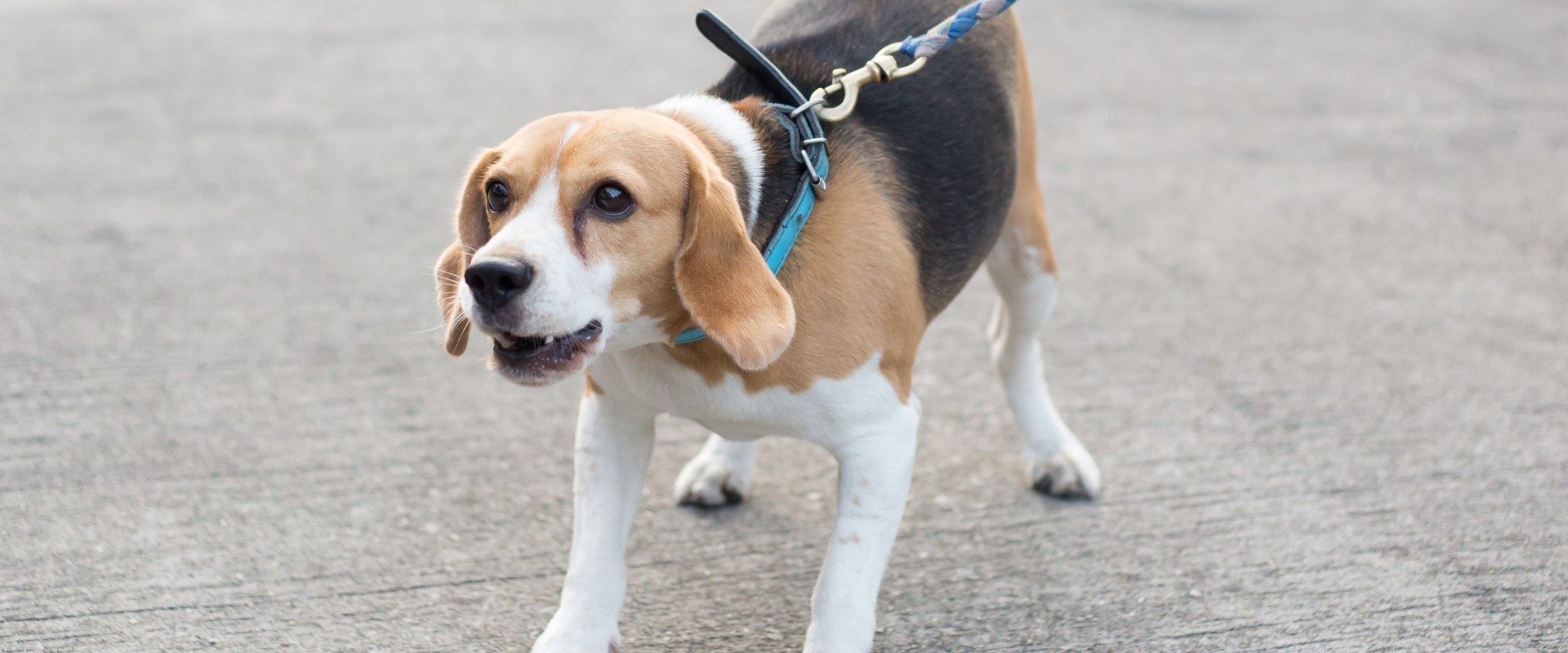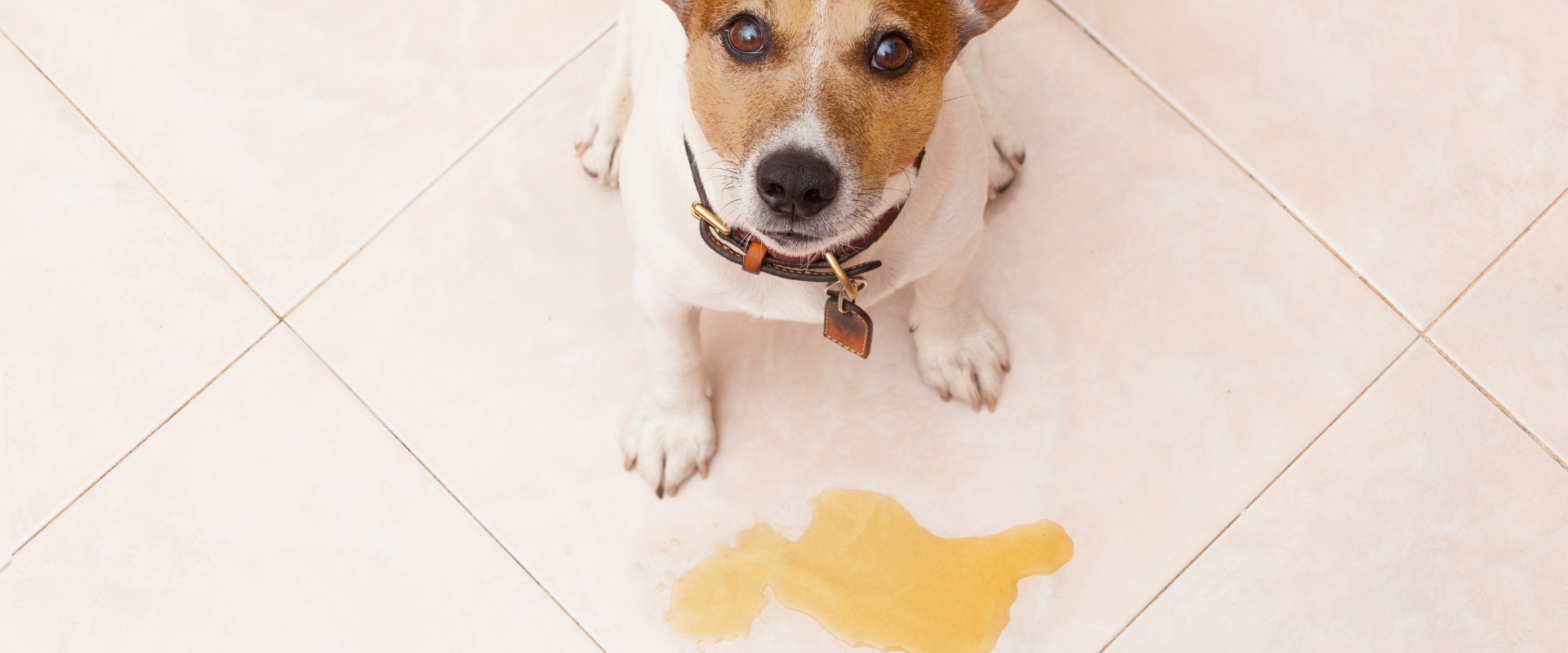There are a few things you can do to calm an excited dog:
- Stay calm yourself. Dogs can sense our emotions, so if you’re feeling excited or anxious, your dog will likely feel the same way. Try to stay calm and relaxed, and speak to your dog in a soothing voice.
- Remove the source of excitement. If your dog is getting excited about something specific, such as a person, another dog, or a toy, try to remove the source of excitement if possible.
- Provide a distraction. If your dog is getting excited because they’re bored or have too much energy, try to provide them with a distraction. This could be a chew toy, a puzzle toy, or a training exercise.
- Create a calm environment. If your dog is getting excited in a busy or chaotic environment, try to find a quiet place where they can relax. This could be a crate, a bed, or a corner of the room.
- Teach your dog a calming cue. You can teach your dog a specific cue, such as “lie down” or “settle,” that they can use to calm themselves down. When your dog is feeling excited, try to give them the cue and reward them when they follow it.
Here are some additional tips:
- Avoid rewarding your dog for being excited. If you give your dog attention or treats when they’re excited, you’re teaching them that excitement is a good thing. Instead, try to ignore your dog when they’re excited and reward them when they’re calm.
- Exercise your dog regularly. A tired dog is a good dog! Make sure your dog is getting enough exercise to burn off their excess energy.
- Socialize your dog. A well-socialized dog is less likely to get excited in new situations. Expose your dog to a variety of people, places, and things at a young age.
- Be patient. It takes time and training to teach a dog how to calm down. Be patient and consistent with your training, and eventually your dog will learn how to manage their excitement.
If you’re struggling to calm your dog down on your own, you may want to consult with a certified dog trainer or behaviorist. They can help you develop a training plan to address your dog’s specific needs.
Things to avoid when your dog is excited:
- Punishing them. Punishing your dog for being excited will only make them more anxious and stressed. Instead, try to redirect their attention to something else.
- Giving them attention. If you give your dog attention when they are excited, you are rewarding them for that behavior. Instead, ignore them until they calm down.
- Raising your voice. Raising your voice will only make your dog more excited. Instead, speak to them in a calm and soothing voice.
- Making sudden movements. Sudden movements can startle your dog and make them more excited. Instead, move slowly and calmly around them.
- Putting them in a situation where they are likely to get excited. If you know that your dog gets excited around certain people, places, or things, try to avoid those situations if possible.
why do dogs spin in circles when they get excited?
here are a few reasons why dogs spin in circles when they get excited:
- To release energy. When dogs are excited, they have a lot of pent-up energy. Spinning in circles is a way for them to burn off that energy and release their excitement.
- To get attention. Some dogs spin in circles to get attention from their owners. They know that this behavior is likely to get them noticed, so they do it to get some love and attention.
- To signal their excitement. Spinning in circles is also a way for dogs to communicate their excitement to other dogs and to their owners. It’s a way of saying, “I’m so happy and excited right now!”
- To play. Spinning in circles can also be a playful behavior. Some dogs just enjoy spinning around and around.
If your dog spins in circles when they’re excited, there’s no need to be alarmed. It’s perfectly normal behavior. However, if your dog seems to be spinning in circles excessively or compulsively, it’s a good idea to talk to your veterinarian to rule out any underlying medical conditions.
why does my dog bite the air when excited?
If your dog bites the air when excited, it is important to pay attention to their body language to determine why they are doing it. If they are biting the air playfully, there is no need to be concerned. However, if they are biting the air out of frustration or anxiety, you may need to help them to learn how to manage their emotions. If they are biting the air as a warning, you should take steps to protect yourself and others from being bitten.




